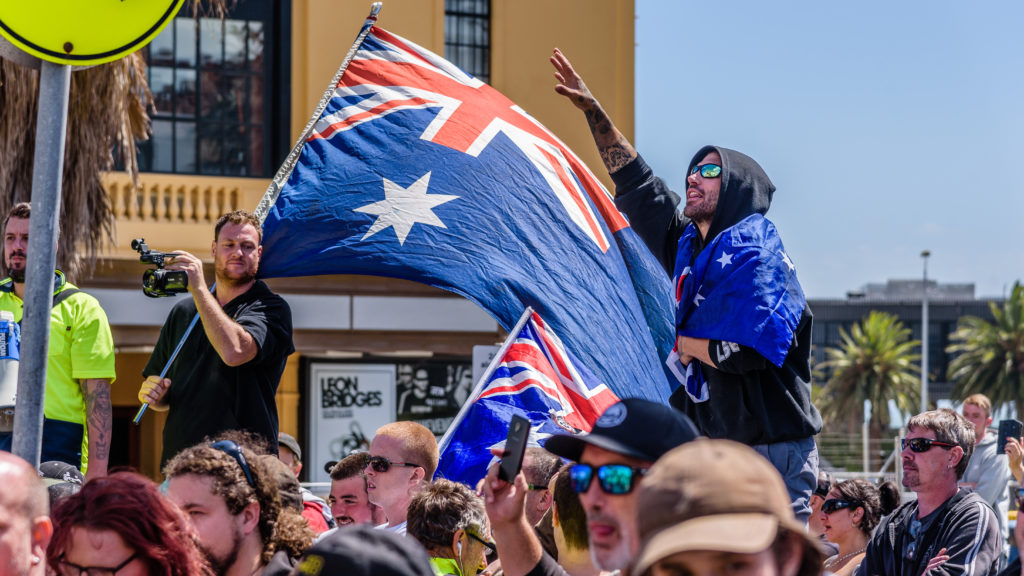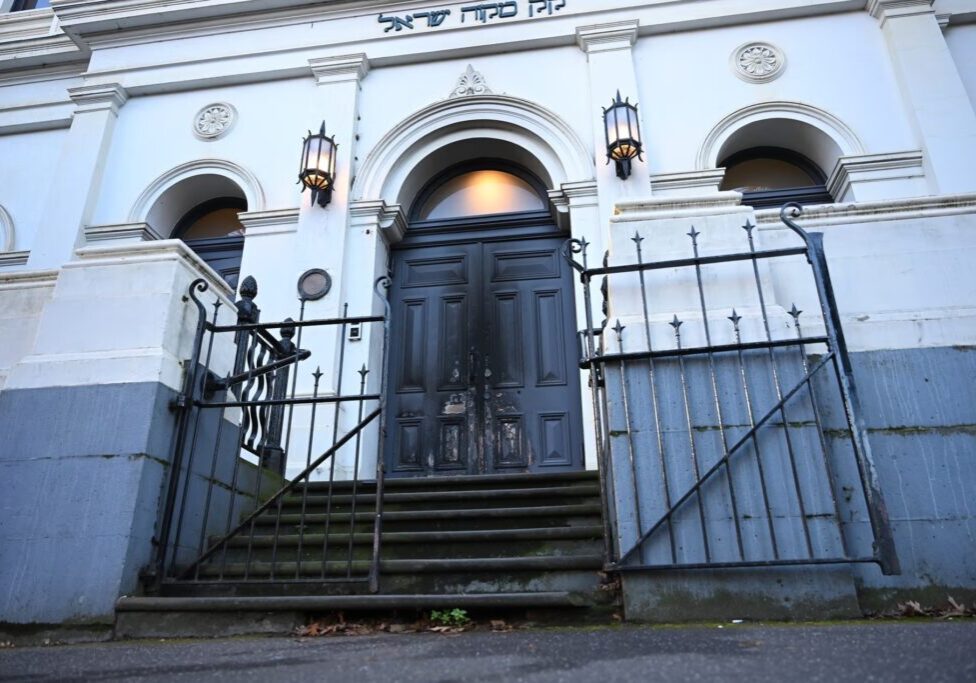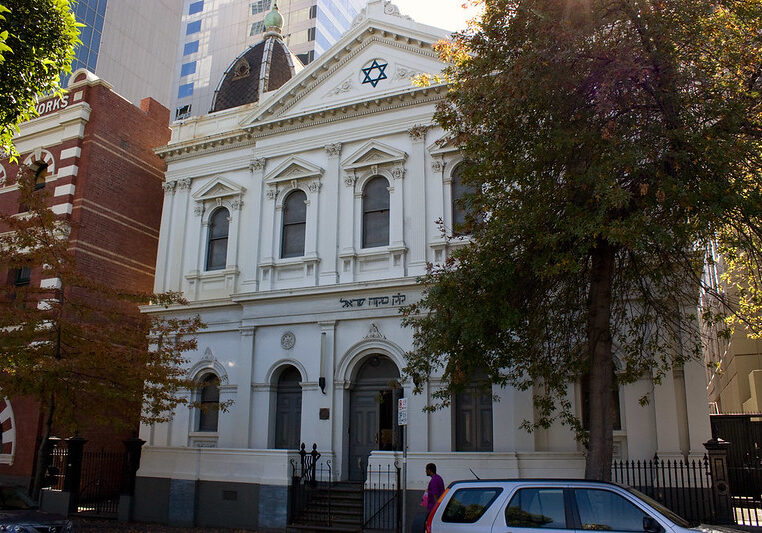Australia/Israel Review
The Last Word: Rights and the Far Right
Apr 27, 2021 | Jeremy Jones

On my first day at university, I was given a bag containing some literature designed to assist new and returning students.
As well as some maps and guides to facilities and the like, it included instructions on how to behave if challenged in any way by police.
It had an outline of your rights if arrested for possessing contraband substances, what you needed to say or do if arrested in protest activities, how to support (legally and with an eye to public relations) friends who found themselves in trouble, and what to say if caught stealing (shoplifting). Some legalese was added to the effect that the publishers of the document were not actually endorsing breaking any laws.
Various civil liberties organisations (including at least one which supported the “civil liberty” of “Holocaust denial”) have regularly published handbooks which have gone in to more detail as to your rights.
Recent media revelations that neo-Nazis were circulating similar guidelines on the internet should not have surprised anyone.
The templates were there for the taking and the added extras, such as telling followers not to bring weapons to gatherings which may be infiltrated, may have been designed as internet jokes for the extremists and as bait to hook journalists looking for a story. But the activity was undoubtedly sinister, as the manual represents a step towards sophistication not seen for some time in such groups.
The media reports raised the issue of how well equipped our legal system is to protect us from neo-Nazi thugs, a subject which should regularly be reviewed.
It is not all that long ago that far-right racist organisations were advising members on how to use a degree of ambiguity in what amounted to calls for violence towards, or even murder of, refugees, given the laws they sought to skirt left a great deal of latitude.
When these groups distributed grossly antisemitic and other racist material, their response was that, if Australia’s values were offended against, then our laws would have made this clear. They asserted that the absence of clear prohibitions was a licence for hatred.
Once various states and territories, and the Federal Government, introduced racial vilification and racial hatred legislation, victims of racism were given legal recourse and law enforcement was granted some authority to act.
The introduction of legislation was not only about the law, but also about an understanding that vilification and harassment motivated by racism were abhorrent to our society’s values.
The manual the media exposed advised on how to minimise the chances of being identified when committing acts which are illegal, although not necessarily of a type which could be considered harassment.
Far-right extremists are of considerable and growing concern for our security agencies.
Although a huge chunk of their counter-terrorism work is taken up with the challenges of Islamist-rationalised activity, close to 40% of their cases regarded as being of most imminent concern involve racist and other far-right extremists.
As with the Islamist-rationalised groups, one of the major challenges is blocking the entry to Australia of groups which are based overseas but have potential recruits – and more significantly targets – in Australia.
The small far-right wing organisations in Australia have often tried to imitate or emulate the more successful (in terms of spreading harm) racist groups from other parts of the world.
Generally, due to the lack of skill and ability of Australians attracted to far-right extremism, they have failed dismally to develop any followings or chalk up any successes, but that does not make the current challenge any less serious.
Proscribing racist extremist terrorist organisations which have no significant presence in Australia would be a good thing even if its primary purpose was to affirm the abhorrence of our society towards them.
Unfortunately, it is also necessary due to the genuine threat they pose.






